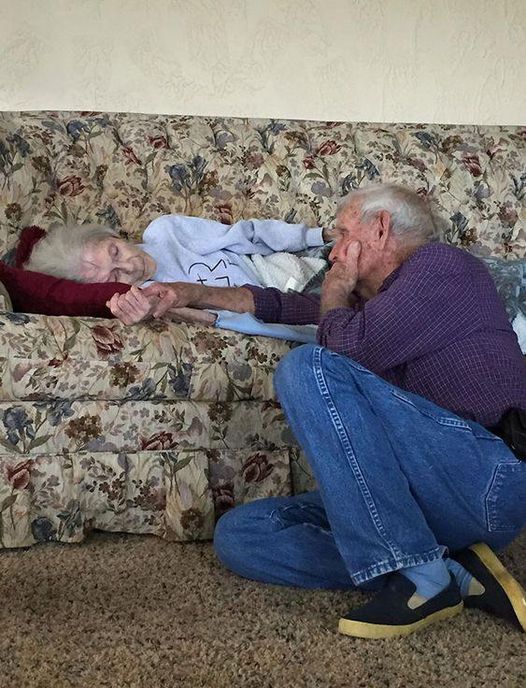Published 12:42 14 Oct 2024 GMT+1

A therapist has weighed in on the concept of ‘Rebecca Syndrome’ in romantic relationships – and it’s not good news for the partners involved.
It’s a phenomenon that’s only getting worse in the digital age – with social media exacerbating ‘a whole set of psychological problems’, according to one expert.
According to a therapist, recovering from ‘Rebecca syndrome’ is a ‘big project’.

Have you heard of this? (Getty stock photo)
What is ‘Rebecca Syndrome’?
The condition gets its name from Daphne du Maurier’s 1938 novel Rebecca. You might have seen the 2020 Netflix adaptation with Lily James.
The story follows an unnamed young woman who finds memories of her husband’s former wife plaguing her marriage – which might give you an idea about the dating term.

Lily James starred in Netflix’s Rebecca (Netflix)
Have you ever started dating and found yourself feeling a twinge of jealousy when your scroll through your hook-up’s social media and see photos of them with their ex?
Or perhaps you feel the familiar green mist descending when your partner talks fondly about a memory which occurred during an old relationship?
If your answer’s yes, you might have Rebecca Syndrome.
Also known as retroactive jealousy, Rebecca Syndrome is where someone exhibits signs of pathological envy towards their partner’s ex-lover.
According to a 2017 study from Superdrug, around 66.7 percent of participants in relationships admitted to searching up a loved one’s ex, a figure which drops to 65.8 percent in married couples.
Jacqui Gabb, PhD, a professor of sociology and intimacy at The Open University, who told Women’s Health: “There’s almost an intensification of retroactive jealousy because there’s a greater capacity for exes to be present in your life through social media, even if you’re not close friends with them anymore.”
What really causes Rebecca Syndrome?

The term ‘Rebecca syndrome’ comes from Daphne du Maurier’s 1938 novel Rebecca (Getty Stock Images)
According to psychotherapist Toby Ingham, who has written a book on the subject, the root of retroactive jealousy can be traced back to our upbringing and issues within our families.
He explained during an interview with Vice: “What were the sibling relationships? What was the parental relationship?
“When you have issues of retroactive jealousy, it’s often possible to find a kind of fault line in the family tree. It’s nobody’s fault—it’s just what happened.
“For example, you might have a client with quite a gap in their family till other siblings come along. And the client is left, I think, with a very early sense of being replaced, that they weren’t good enough.
“Or you might find that the parents’ marriage separated suddenly.”
How do you recover from Rebecca Syndrome?

The book was later adapted into a film starring Lily James (Netflix)
Ingham said unpacking the events in our childhood can help.
He continued: “The other thing that’s helpful is to be very careful around mood-altering things like alcohol or drugs.
“They tend to disturb our emotional stability. If we suffer from these kinds of jealousies and insecurities and we drink or take drugs, we’re laying ourselves open to more acute experiences of jealousy.”Featured Image Credit: Netflix


